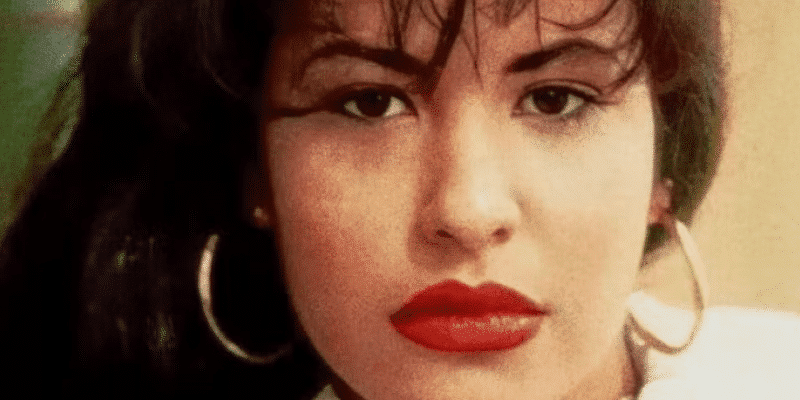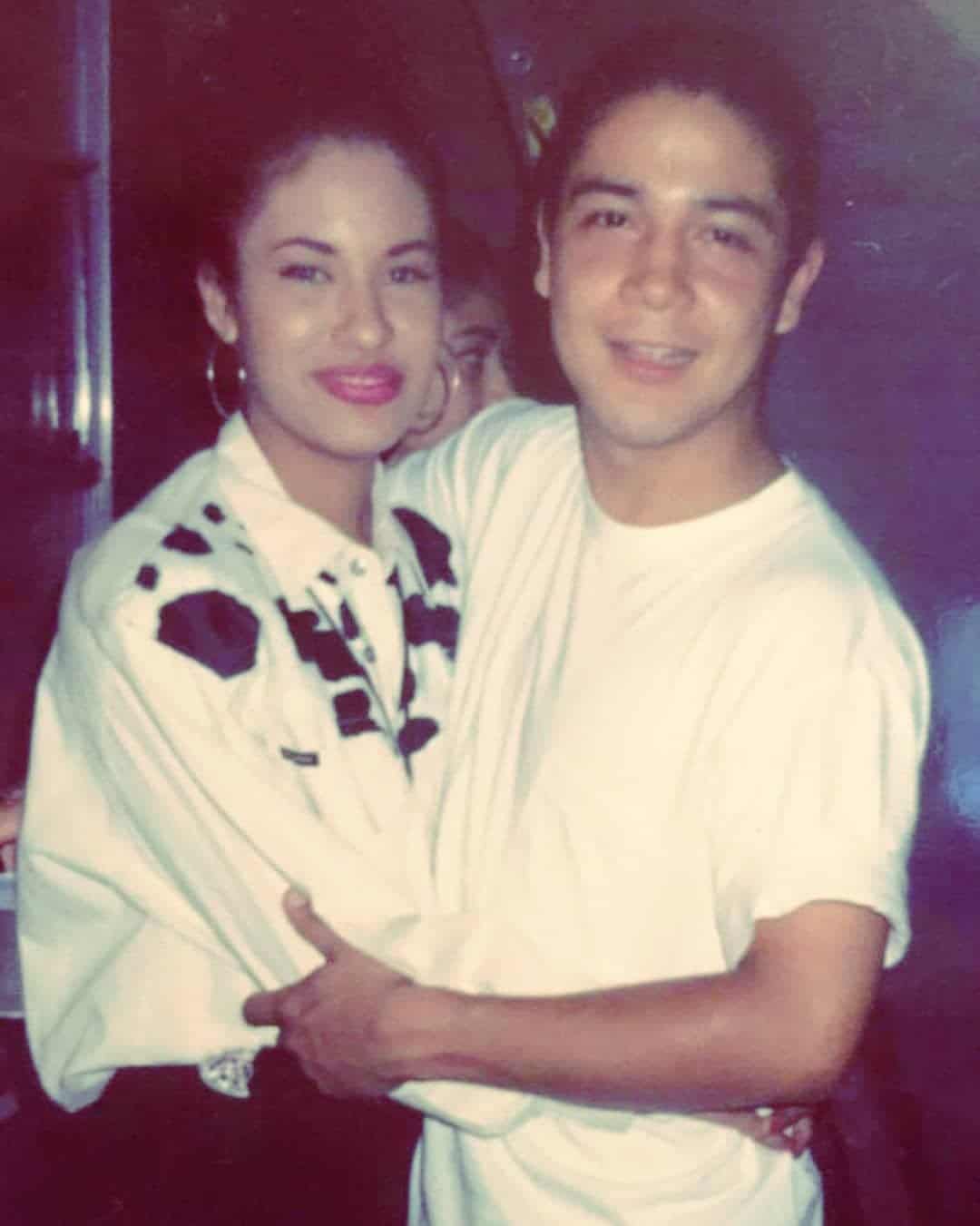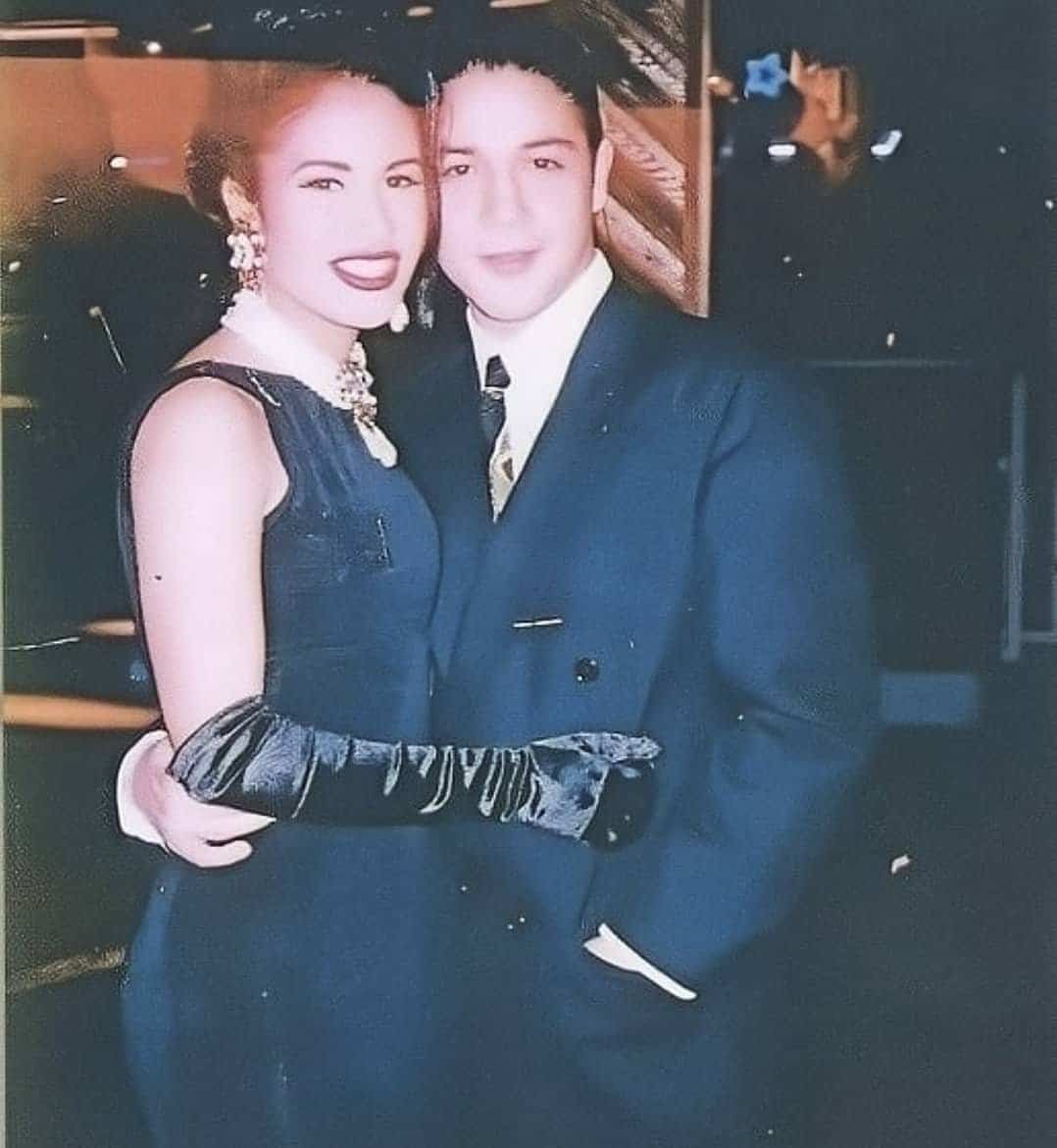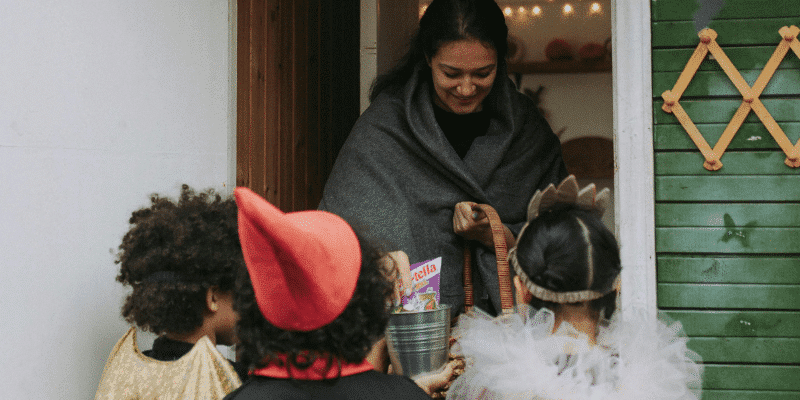8 Things You Didn’t Know About Selena Quintanilla

Selena Quintanilla, the absolute Queen of Tejano Music, forever changed Latino culture. She left a mark that we don’t think will ever be erased and her music is still a staple in any respectable Latino playlist. A lot of people know Selena for her talent, beauty, and tragic end, but there’s still so much to learn about her. She was a fascinating person and there are a few lesser-known things about her we think everyone should know. Do you think you know everything about Selena? Here are 8 things that may surprise you:
She Experienced True Love

Selena’s relationship with Chris Pérez is well known at this point and he was her first and only love. But did you know that they had a couple’s song? You know, that one song couples love and has deep meaning in their relationship. Selena and Chris’ song was “More Than Words” by Extreme. In his book, “To Selena, With Love,” Chris reminisces about the song, writing, “As we sat there, Selena put her head on my shoulder and started softly singing one of my favorite songs, ‘More than Words,’ by a phenomenal band called Extreme that I’d introduced to her not long before. Those lyrics seemed to describe our feelings for one another perfectly.”
Selena Said “I Love You” for the First Time in a Pizza Hut

In his book, “To Selena, With Love” Chris also shared the story about the first time they told each other “I love you.” It turns out they were at a Pizza Hut, enjoying Selena’s favorite food (pizza with extra pepperoni), when they started talking about what they wanted for their relationship in the future. That’s when Chris let her know how much he cared about he. At the time, they were keeping the relationship a secret from her father and he was agonizing about that. Well, the confession must’ve moved Selena deeply because that’s the moment she said “I love you” for the first time. As if it wasn’t obvious enough, Chris said it right back, sealing the relationship.
Selena Was Quite a Foodie

If there’s something Selena loved as much as music was food! She loved to eat it, cook it, and she loved talking about it as well. She often experimented with different recipes, but she preferred traditional Mexican dishes. Her absolute favorite restaurant in Corpus Christi, where she lived, was the Hi-Ho Restaurant, and you can still visit it today. The restaurant honors her by keeping photos of her and they even have a mural painting of her. Not to mention the food is amazing, so it’s a go-to spot for authentic Mexican dishes.
Selena Struggled with Shyness

You wouldn’t think it by watching her performances, which are still captivating and electric, but Selena was naturally quite shy. She often felt nervous before going on stage, but she leaned on her family and close friends to get that confidence boost she needed to get out there. Once she was on that stage, the shyness melted away and she had a special way of connecting with the audience. That’s that star power that you just have to be born with!
She Was Actively Involved in Songwriting

Selena was deeply involved in the creative process of her music and she co-wrote many of her songs. Her family was very involved in her music as is well known and she worked closely with her brother, A.B. Quintanilla for her songwriting. He was the principal songwriter and producer for her band, helping Selena’s multi-talent and versatility shine through in her music.
Selena Was a Passionate Learner

One of the things that characterized Selena was her passion for learning. She finished high school through correspondence while she was touring and then she went to California University, where she started working on her business degree through correspondence as well. She loved visiting schools to help kids understand how important education was and she also created a stay-in-school campaign in 1994 to kick off American Education Week at Cunningham Middle School. For that event, she created an education video called “Mi Musica,” where she told kids, “Your high school diploma is one of the most important things you’ll accomplish in life, so use your heads, my friends, and stay in school.”
Selena Was an Avid Collector

Another thing you may not know about Selena is that she was quite a collector! She particularly loved collecting Fabergé eggs, which is understandable because they’re gorgeous. Selena started this hobby later in life, but she managed to amass a significant collection by the time of her passing.
She Was a Humble Queen

One of the things that people love most about Selena is how down-to-earth, humble, and warm she was. For example, Selena loved to shop at regular stores like Walmart even at the height of her fame and she didn’t keep it a secret at all. It’s been reported that one day, a stranger complimented Selena on a dress she was wearing and she told the lady she got it at Kmart. Suzette, Selena’s sister and drummer, was with her at the time and she was a little embarrassed. “Why did you say that?” she reportedly asked Selena, to which the star answered, “What? I did get it from there!” We love a humble and honest queen!




